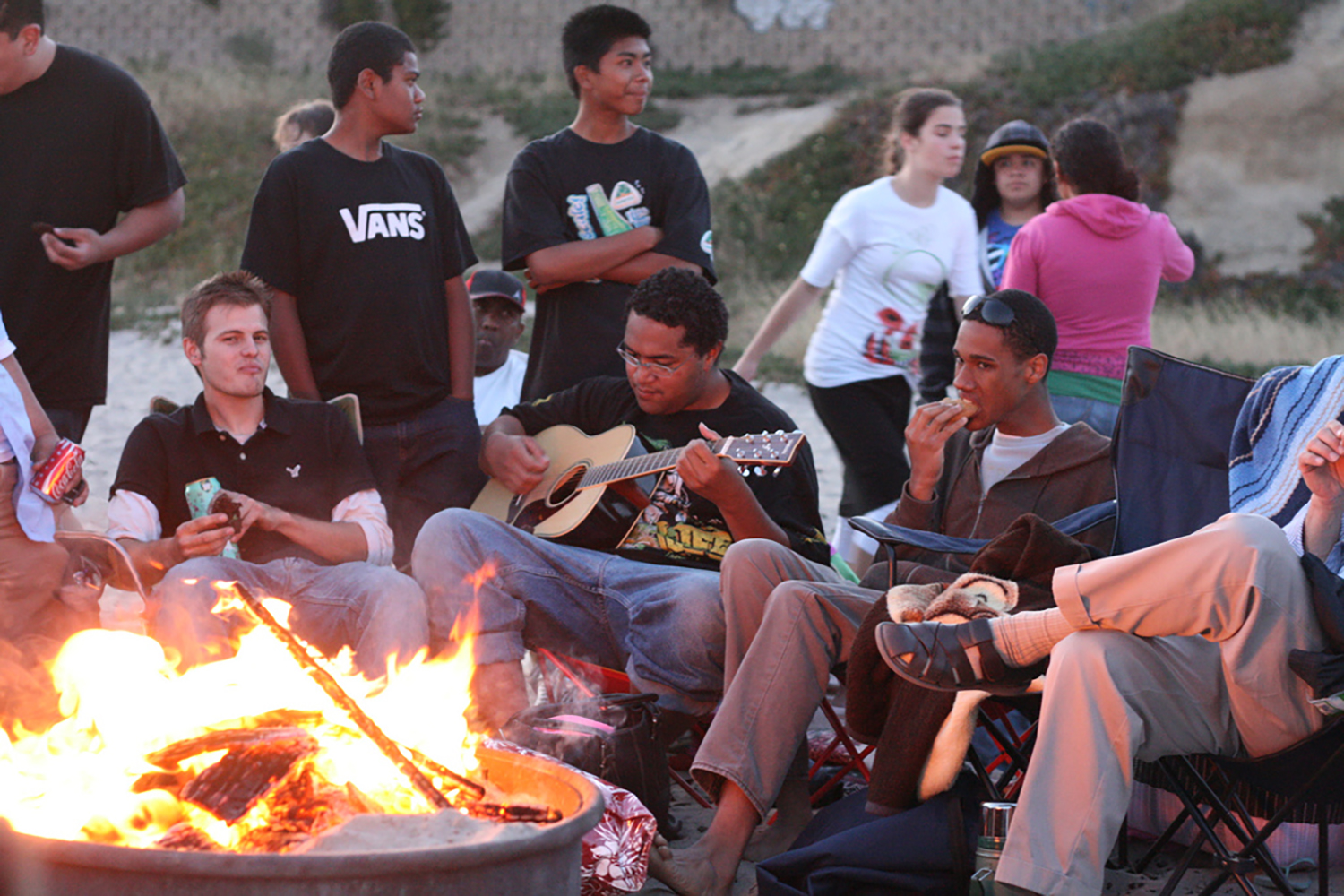New research suggests there may yet be a smidge of good news for churches and other religious groups long assailed by the forces of culture and modernity.
Could it be?
It just might, according to a Public Religion Research Institute study released Monday. The survey examines the attitudes and practices of Americans who identify themselves as spiritual, but not religious.
“Most Americans who are spiritual but not religious still identify with a religious tradition,” PRRI said in the report titled “Searching for Spirituality in the U.S.: A New Look at the Spiritual but Not Religious.”
That revelation alone should be an encouragement to clergy and congregations who have long struggled with declining memberships, tithing and relevance, said Mark Tidsworth, a South Carolina-based church and leadership consultant, author and president of Pinnacle Leadership Associates.
“The spiritual but not religious segment of the population in the United States may be growing, yet they are still largely participating in our churches,” Tidsworth told Baptist News Global in an email.
“So those in our congregations who trend toward spirituality over religiosity largely do not flee for the exits,” he said.
PRRI reported that 29 percent of Americans identify as both spiritual and religious, while 18 percent say they are spiritual but not religious. Also, 22 percent say they are religious but not spiritual and 31 percent say they are neither.
Only three in 10 of the spiritual-but-not-religious demographic are religiously unaffiliated, according to the report. About 18 percent are white mainline Protestants, which is the same percentage for Catholics. Thirteen percent adhere to non-Christian traditions. Ten percent are non-white Protestants and evangelicals come in last at 5 percent.
The research also found that only 29 percent of religiously unaffiliated Americans identify as spiritual but not religious.
“Nonreligious Americans — including those who are spiritual but not religious — are substantially younger than religious Americans,” the study found.
Most citizens in those categories are under 50. And most also tend to be more liberal. That goes for 40 percent of spiritual but not religious, compared to 24 percent of the general population, PRRI researchers discovered.
“The spiritual but not religious segment of the population in the United States may be growing, yet they are still largely participating in our churches.”
But they also found that the emphasis on spirituality pays dividends, including higher levels of life satisfaction and more involvement in pro-social behaviors.
“Thirty-six percent of spiritual Americans — a category that includes Americans who are spiritual but not religious and those who are spiritual and religious — report having done a personal favor for a friend or coworker within the last week, compared to only 22 percent of nonspiritual Americans.”
There’s a lot in the study for churches to take heart from — and to act upon, Tidsworth said.
As U.S. congregations continue to age, it’s clear that most younger members likely identify as spiritual but not religious. Churches also should pay attention to the overall trend toward the spiritual among a growing number of Americans.
“Invest greater resources in opportunities for spiritual experiences,” Tidsworth said.
Churchgoers are less driven by duty and tradition today than ever before, while more come hoping to find spiritual engagement and experience, he said.

Americans who identify as spiritual but not religious want to participate in church activities that are more about experience and spirituality than dogma and theology. (Photo/Richard Masoner/Creative Commons)
“They are eager to connect with something greater than themselves, hoping to find meaning and purpose in their church experience,” Tidsworth said. “Wise pastors and musicians will take note, investing themselves in worship design, resulting in consistent opportunities to connect with God through worship.”
The PRRI study also reinforces the wisdom behind small-group ministries and experiences. It may also suggest less emphasis on dogma and theology in sermons, Tidsworth said.
“Focus on the experiential aspects of our faith over doctrinal stances in preaching and teaching,” he said. “Most of the spiritual but not religious are involved in their churches (or other faith traditions), not abandoning the church. Even so, they are not so interested in the fine points of our theology or doctrinal concerns.”
The “heart and soul” of churches should be emphasized as often as possible. Spiritual-but-not-religious worshipers will identify with that passion for ministry.
“Those who do not participate with your church may consider participation when they perceive something genuine and authentic is present in your faith community.”
Otherwise, Tidsworth said, churches and pastors will create or continue the disconnect between themselves and this growing group of Americans.
“If your preaching and teaching regularly emphasizes theological details, their eyes will glaze over,” he said. “They are interested in engaging God and experiencing faith rather than describing God.”



